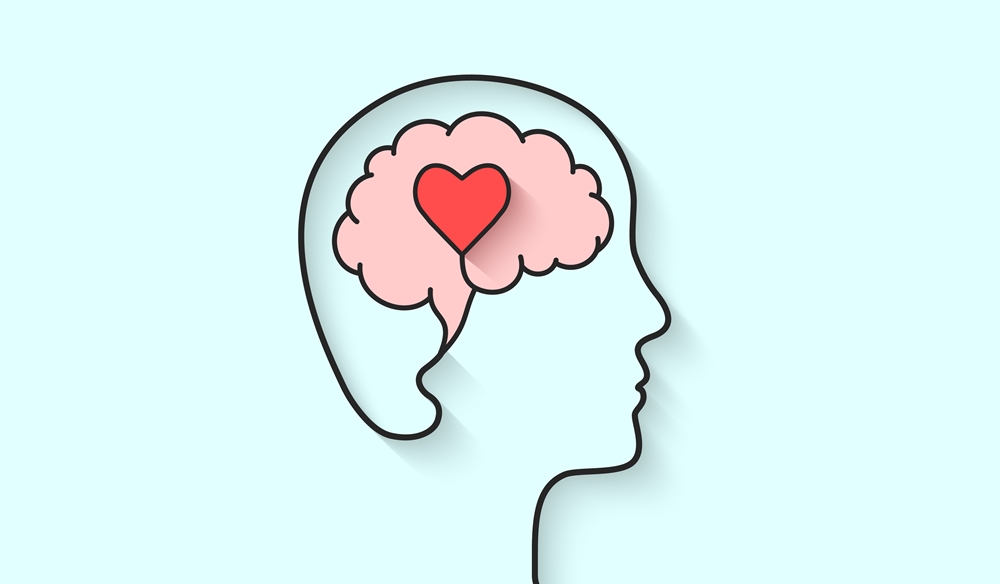
Nurturing the Mind: The Importance, Effects, and Strategies for Mental Health
Hello Guys!!!
In the fast-paced world we live in, where productivity often takes precedence over well-being, the importance of mental health cannot be overstated. Our mental well-being is intricately connected to our overall quality of life, affecting our relationships, work, and daily experiences. In this blog post, we will delve into the significance of mental health, explore its effects, and discuss practical strategies for maintaining a positive mental state.
The Importance of Mental Health:
Mental health is not just the absence of mental illnesses; it encompasses emotional, psychological, and social well-being. A sound mental state allows individuals to cope with the stresses of life, form meaningful relationships, work productively, and make informed decisions. Prioritizing mental health contributes to resilience, enabling individuals to bounce back from challenges and navigate life’s uncertainties more effectively.
Effects of Neglected Mental Health:
Neglecting mental health can lead to a range of negative consequences. Chronic stress, anxiety, and depression are common outcomes of unmanaged mental health issues. These conditions not only affect an individual’s emotional state but can also manifest physically, impacting sleep, appetite, and overall physical health. Additionally, neglected mental health can strain relationships, hinder professional success, and decrease overall life satisfaction.
Strategies for Mental Health Maintenance:
Regular Exercise:
Physical activity has been proven to have positive effects on mental health. Exercise releases endorphins, chemicals in the brain that act as natural painkillers and mood elevators. Incorporating regular exercise, even in the form of a daily walk, can significantly contribute to mental well-being.
Healthy Lifestyle Choices:
Adopting a balanced and nutritious diet supports both physical and mental health. Avoiding excessive consumption of alcohol, caffeine, and processed foods can help stabilize mood and energy levels.
Mindfulness and Relaxation Techniques:
Practicing mindfulness, meditation, or deep-breathing exercises can reduce stress and promote a sense of calm. These techniques are valuable tools for managing anxiety and improving overall mental resilience.
Social Connection:
Building and maintaining meaningful relationships is crucial for mental health. Spending time with friends and family, participating in social activities, and fostering a support network contribute to emotional well-being.
Professional Support:
Seeking professional help when needed is a sign of strength, not weakness. Therapists, counselors, and mental health professionals can provide valuable guidance and support in navigating challenging times.
Conclusion
Prioritizing mental health is not a luxury but a fundamental aspect of leading a fulfilling life. By understanding the importance of mental well-being, recognizing the effects of neglect, and implementing practical strategies for maintenance, individuals can foster resilience, emotional balance, and overall life satisfaction. Remember, taking care of your mind is an investment that pays dividends in every aspect of your life.
XOXO






